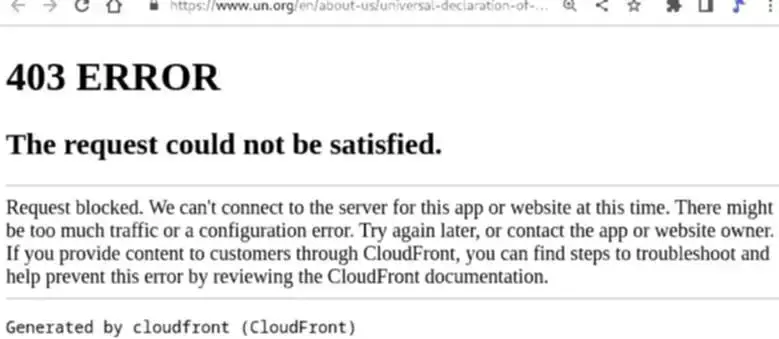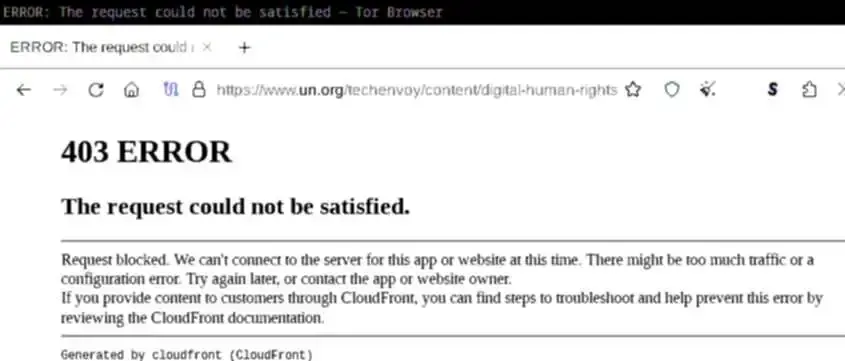Front-desk receptionists installed in the buildings of gov agencies, news offices, and large companies sometimes have (or act like they have) a strict protocol of tasks that they can or cannot do. If I ask them to page/call relevant staff for something, or to sign for a delivery, they answer to the effect of:
“That is not in my job description…”
or
“Nope, not on my list… I have no scripted process or procedure for that…”
Some receptionists will say “do you have an appointment?”, to which I answer “if an appointment is needed, please make one for me”. They can never handle that. They say call or email, which of course excludes¹ people.
It’s increasingly more common for the outsourced security receptionist to be dumbed down to know nothing about the org they are keeping a gate for, to have no visibility on schedules and no ability to page people. These “people” typically have no capability beyond writing a call center phone number or URL on a post-it note.
I have to wonder, if these unskilled people are going to be so stripped of basic capability, unable to cater for the needs presented in a situation, why even have them? They are good candidates to be replaced by robots, or even just a sign-posting with a QR code on it².
It’s in everyone’s interest for that threat to be looming, and for such receptionists to come to realise that their own job security relies on being customer oriented (not their boss as a customer, but the ultimate customer, who won’t give a shit if a robot replaces a human that acts just like a robot anyway).
Consider the insideous #forcedBanking dimension to this. Making the front desk helpless enables the org/agency to essentially maintain a non-physical presence, which they use as an rationale for refusing cash payments. The outsourced recepionist can be passed off as someone who does not represent the org/agency and thus cannot handle cash payments.
¹ Calling excludes people because call centers have a limit number of languages they can handle, and even if you’re lucky enough to get someone with a compatible language, you lose the possibility of body language, a bad quality signal makes rough language rougher, and if one side gets tired of speaking a non-native language it’s easy enough to just hang up. Calling also is not free. And email is also exclusive
² (in fact I’ve seen it happen.. a gov office receptionist got replaced with a QR code pointing to a dysfunctional website)
Call to action
Maybe print this rant on a flyer that starts with “Dear receptionist…” and keep a copy when you approach a front desk. If they turn out to be a human acting like a bot, give them the flyer. Suggest they read it and share it with their boss.


Every method has a barrier:
A webform could potentially have the fewest barriers, but they blew it.